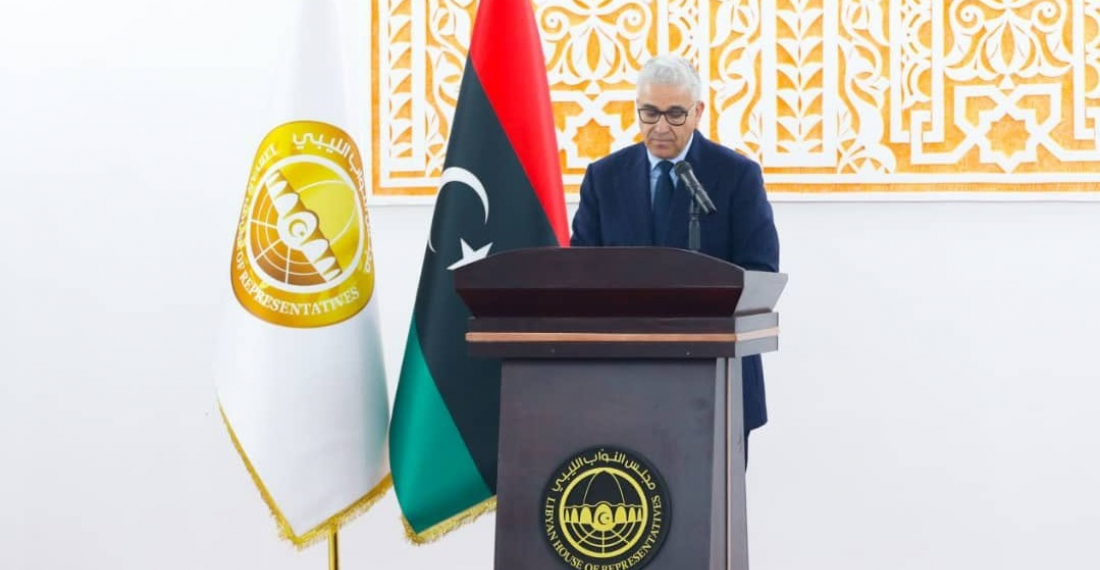The eastern parliament in Libya chose Fathi Bashaga as the new prime minister on Thursday (10 February) paving the path to further possible chaos in case interim PM Abdulhamid Dbiebah refuses to eventually concede.
The vote came hours after a failed attack on Dbeibah who, in turn, called the vote invalid and vowed to hold on to power. He also called for street protests against the appointment, and argued that he has started consultations to agree on a new roadmap to hold elections in June, before the UN mission's mandate comes up for renewal.
Once a former air force pilot and interior minister, and now a businessman, Bashaga, cultivated ties with nearly all foreign parties involved in the Libya conflict. He was once a sworn enemy of Haftar and the eastern parliament but currently enjoys their support.
It is yet unclear whether or which countries may accept Bashaga’s new position. With Russia, UAE and Turkey now busy with other regional issues, Libya is not likely to see any progress in resolving its political crisis in the short term. Egypt’s foreign ministry expressed that it will stay in contact with all parties even though it recognises the eastern parliament as the sole elected body. When asked whether it supports Dbeibah’s government, a UN spokesperson said the short answer was “yes”.
Bashaga thanked Dbeibah for his work and pledged “to open a new chapter” and “reach out to everyone”. The law passed envisages the creation of a new electoral commission and the appointment of a 24-member committee, representing the country’s three regions, to draft a new constitution and, in particular, to look into points of disagreement in the constitutions and address them.
Elections now seem to be a far away reality. Before the elections were called off last year, nearly three million registered for voting with around 2.5 million picking up their electoral cards signalling their intention to vote. The elections would have been the first in Libya’s history.







